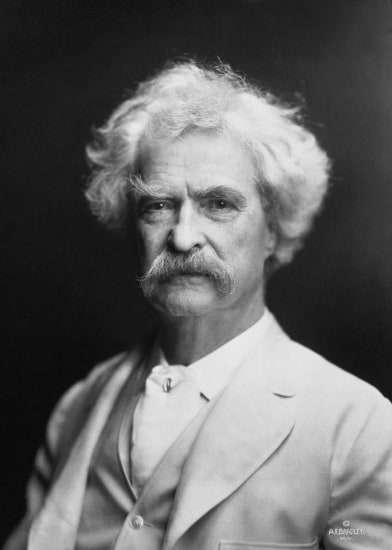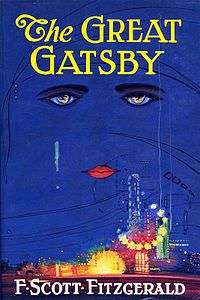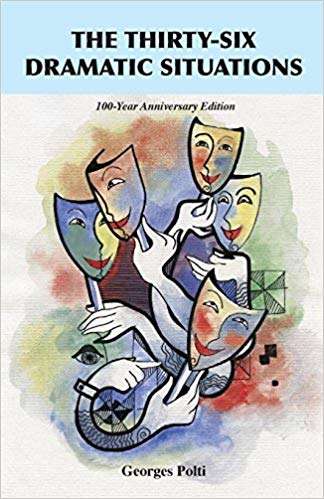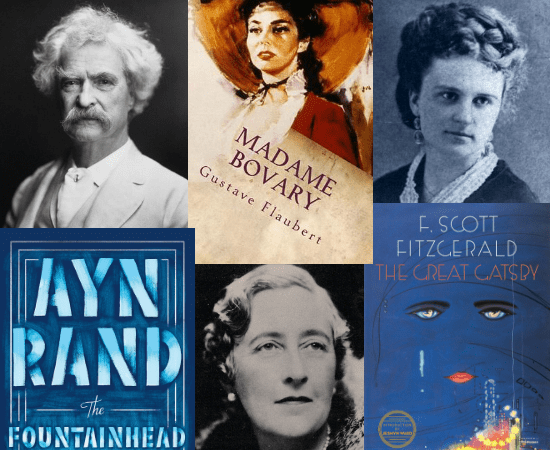We booklovers are book collectors, dedicated readers who revisit our own personal collections. Most of our bookcases are eclectic and reflect distinctive tastes and interests. Yet for many of us, among our precious books are those novels that are deemed “the classics.”
Not every title that we own, of course, falls into this category, but usually it is an impressive amount. The books have their own history — perhaps some were purchased for high school assigned readings or course curriculum from our college days. Others have been recommended or received as gifts, or we have chosen them on our own out of curiosity.
This section of one’s bookshelf represents our past and our present. The titles exist in their own sphere, lined up for posterity—suggesting how evergreen are the plots and themes, how resonant are the chronicles.
And as we walk through independents and the chains alike, or when we order from Amazon, along with the new releases, there is the pull to pick up a classic or two that we haven’t yet added to the rack — because included in these specific narratives are characters and dramatic scenes that teach us again and again about the most critical aspects of life.
Consider the Brontë sisters, Mark Twain, Edith Wharton, Louisa May Alcott, Charles Dickens, John Steinbeck, Kate Chopin, Franz Kafka, George Orwell, Upton Sinclair, Anthony Trollope, to name a few, and we are entranced. Whether you have read them before or not, there is always that repeat allure.

Mark Twain
If we read/re-read Oscar Wilde’s A Picture of Dorian Grey, there is the theme of darkness and light. Tolstoy’s War and Peace reminds us that romantic love, the haves and have nots, and war co-exist, while Pride and Prejudice by Jane Austen underscores the value of the right partner and what it takes to achieve this goal.
Scott Fitzgerald’s The Great Gatsby is about social aspirations and the failed American dream, and on a different note, Nathaniel Hawthorne’s The Scarlet Letter outlines morality, judgment, and hypocrisy in America.

The Count of Monte Cristo by Alexandre Dumas points to betrayal and revenge. In The Sound and the Fury, Faulkner addresses race, the South and the sufferings of family. When we contemplate money, ego and individualism, there is the character Howard Roark in Ayn Rand’s The Fountainhead. Longing and passion conjure up images of Gustave Flaubert’s Madame Bovary. This is only the beginning of an impressive list of novels that embody what we consider essential plots or themes.

According to Foster-Harris in The Basic Patterns of Plot, there are only three patterns: the happy ending, the unhappy ending and the literary plot. Ronald Tobias in 20 Master Plots describes 20 basic plots that include quest, pursuit, rescue, escape, temptation, discover, sacrifice and descension. Georges Polti’s book, The Thirty-six Dramatic Situations, includes disaster, supplication, misfortune, revolt, abduction, rivalry, remorse, deliverance, ambition and madness.

If we apply these theories to the classics, the storylines remain identifiable and understandable. Of the emotions and behaviors listed above, few if any have altered over decades or even centuries.
Despite the great gains of modern society, science and technology, when it comes to the human condition, the themes remain the same. After all, self sacrifice is not only a 19th century invention. Crimes of love exist across time; erroneous judgment, transformation, and misfortune are constant experiences of any decade.
Thus, we are fortunate to be offered an array of fiction—from the riveting novels recently released to the classics that we return to or discover—each for sustenance.
Want more BookTrib? Sign up NOW for news and giveaways!





Hey Susan , just wanted to say hello since your FB page came up on my thread today. I believe the classics are important and so does my son Jared. As to prove his beliefs he created a character (Dr. Sparkey Sweets …. aka Greg Edwards the comedian ) for the web series called “Thug Notes”. (Its sort of like Cliff Notes or Spark Notes, but created in the language of “Thug”. )They are short, funny and point on, in the lessons each classic offers. He also published a book called Thug Notes. Its been around for a while and has sparked the start of his company called Wisecrack. At the moment he has over 2.4 million subscribers.